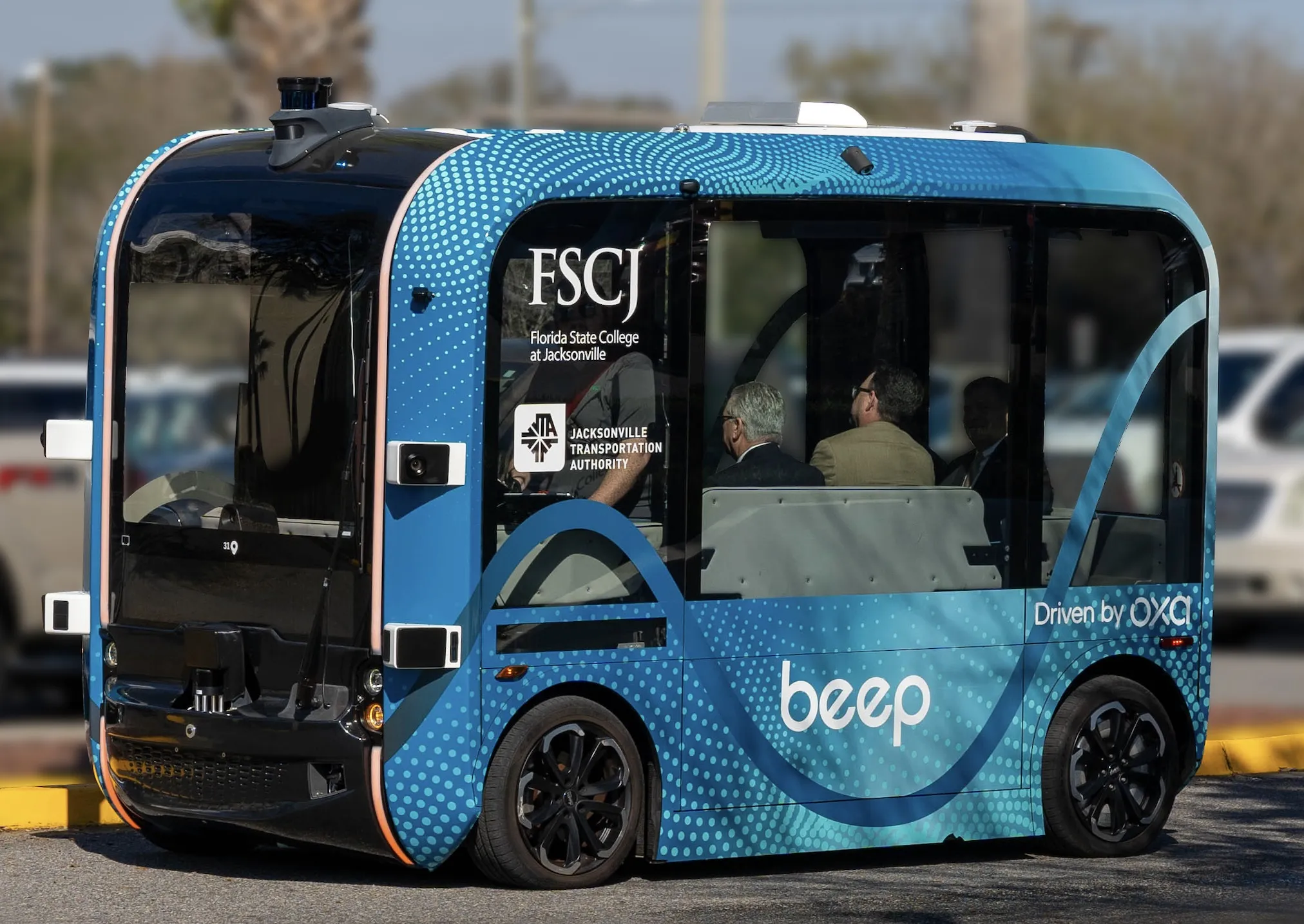More than 65 per cent of motorists want to retain the right to drive even though driverless cars are coming, according to new research released today by IAM RoadSmart – formerly the
IAM RoadSmart conducted an independent survey of 1,000 British motorists and a separate poll among its 92,000 members. Those 65 per cent of motorists believe that a human being should always be in control of the vehicle, with 53 per cent saying that the focus should be on making drivers safer – not just cars.
Members of IAM RoadSmart welcome the hi-tech advances which are improving vehicle safety, but want to maintain their control of a car – even though autonomous technology will be able to do it for them.
Sarah Sillars OBE, chief executive of IAM RoadSmart said: “Technological advances that make driving and riding safer for all road users have to be embraced whole-heartedly – but British motorists and our members, do want the right to drive.
“Intelligent cars will deliver a step change in road safety by targeting the human errors we make from time-to-time. At IAM RoadSmart we believe a well-trained driver and an ever-vigilant car is a win-win scenario for the future.
“This technology will also prove to be a major boost for business and keep UK PLC at the very edge of technological advance.
“The government is due to consult this summer on how the UK can lead the development of autonomous vehicles; we are ready, willing and able to participate fully in this discussion.
“One could see a time when motorists might be restricted to driving on designated roads – and possibly just for pleasure rather than for work or getting from A to B.”
Motorists want ‘the right to drive’
More than 65 per cent of motorists want to retain the right to drive even though driverless cars are coming, according to new research released today by IAM RoadSmart – formerly the Institute of Advanced Motorists. IAM RoadSmart conducted an independent survey of 1,000 British motorists and a separate poll among its 92,000 members. Those 65 per cent of motorists believe that a human being should always be in control of the vehicle, with 53 per cent saying that the focus should be on making drivers safer – n
April 28, 2016
Read time: 2 mins









